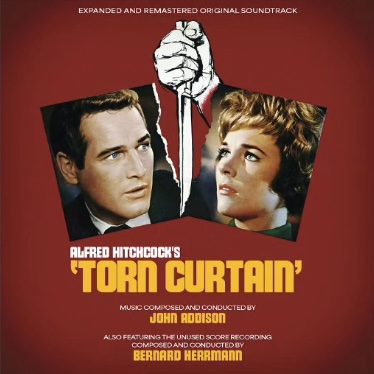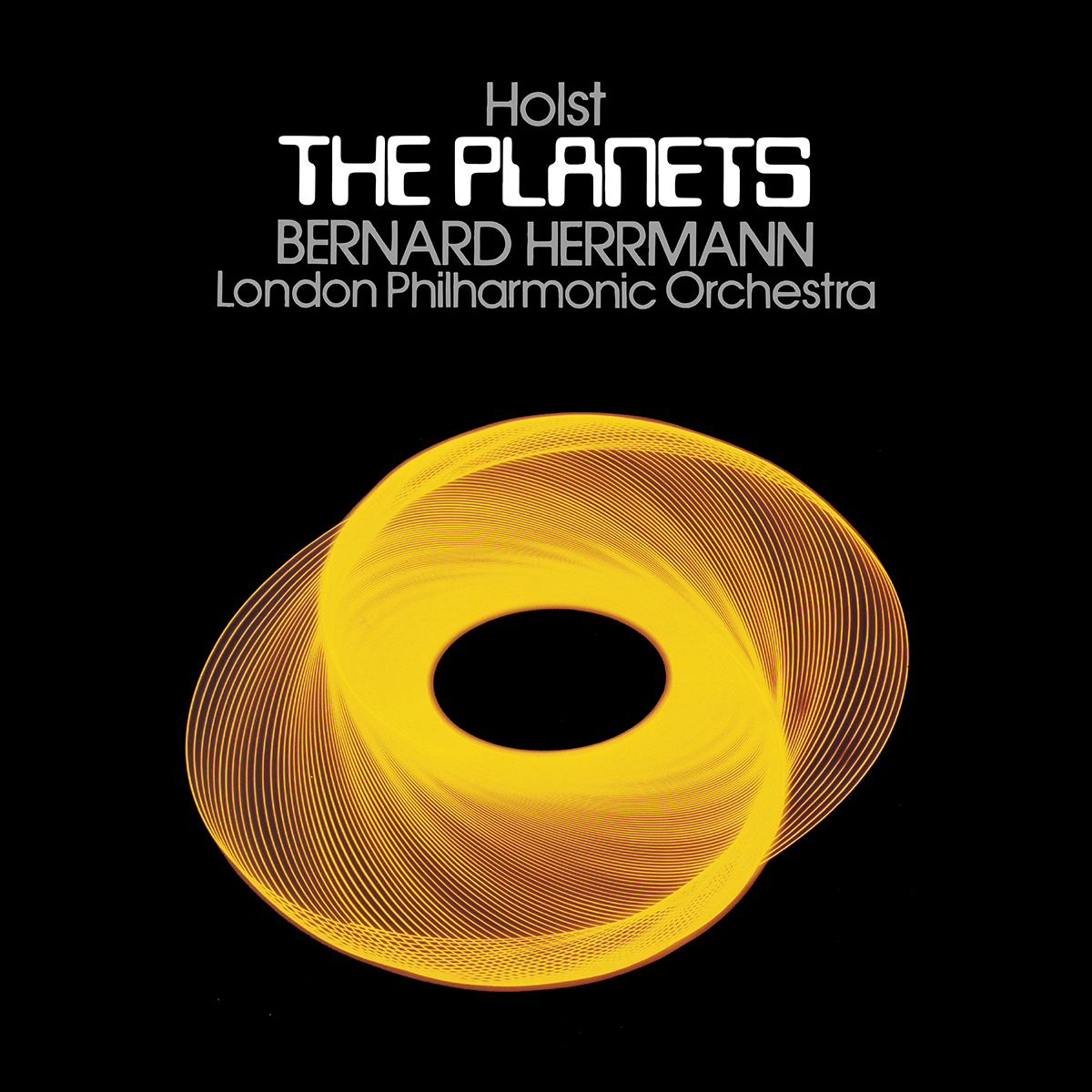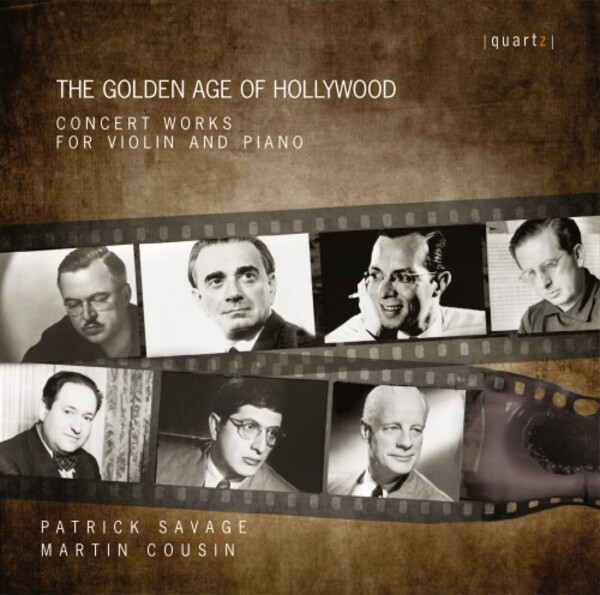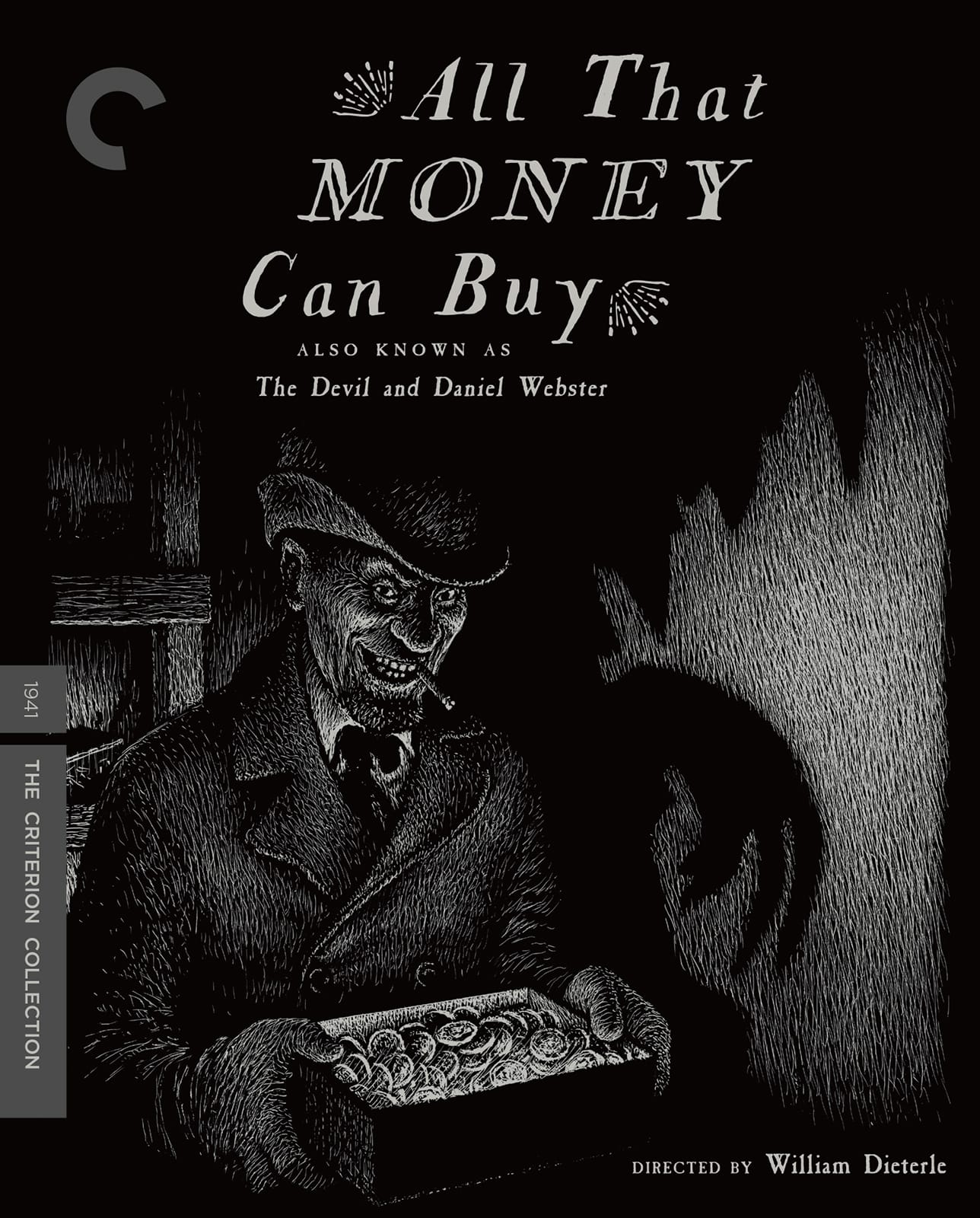Interview
Before the concert I had the opportunity to conduct a short interview with Robert Ziegler, the conductor.
GK: Mr Ziegler, could you tell our readers something about yourself? How and why did you become a conductor?
Robert Ziegler: I studied as a pianist in Los Angeles and from there began to accompany singers and conduct opera in local productions on the one hand and contemporary music at the famous “Monday Evening Concerts” which has a distinguished history of premiering new works throughout the post war years including works of Schoenberg and Stravinsky when they were resident in LA. After some years I moved to London to extend my experience and my study both in England and in Italy with Franco Ferrara and Carlo Maria Giulini.
GK: Amongst others you have worked with the London Symphony Orchestra, the Royal Philharmonic Orchestra, the Scottish Chamber Orchestra, the Ulster Orchestra and your “own”, the Matrix Ensemble. Do you like working with the BBC orchestras?
Ziegler: Yes, I like them alot. They play a great range of music from all eras and the BBC Concert Orchestra, who I conduct for this concert, is unique in the world, I believe, in bringing the highest standard to a very mixed repertoire that includes a great deal of light music, film music, musical; theatre as well as classical and contemporary music.
GK: Did you program the concert at the Queen Elizabeth Hall?

Robert Ziegler
Ziegler: Yes, I was asked to programme a concert that included the new concerto by Chris Gunning, a distinguished film and television composer for an equally distinguished soloist, saxophonist John Harle. John’s also playing the music from Herrmann’s Taxi Driver so that led me clearly to a film music programme.
GK: I suspect it is difficult to make a serious film music programme.
Ziegler: No, it’s not difficult at all. There are no styles that I can think of that haven’t been exploited in good and bad ways by film composers so as a conductor dreaming up programmes you have actually a much broader range of works to choose from than those for “normal”; classical concerts. There’s jazz from Ellington, late 19th century as epitomised by Korngold among many others, sci-fi, endless pop programmes, noir, infinite number of musical theatre scores, tortured twelve tone scores, really anything I want. However, the audience may feel differently!
GK: Have you done similar programs or conducted Herrmann in the past?
Ziegler: Yes. I was asked by the BBC to conduct a programme in January as part of a week of live broadcasts of film music to conduct a programme with the BBC Symphony Orchestra. That included Waxman, Korngold, Steiner and Herrmann. Also I’ve conducted film music as part of mixed programmes both here in Europe, the USA and in Australia.
GK: You have conducted film scores for Patrick Doyle. How did that happen and did you enjoy the experence?
Ziegler: I was asked by Maggie Rodford, who heads up Air-Edel* to conduct sessions for Sense and Sensebility and Hamlet. I enjoy that experience very much although the priorities are very different in a studio from those of a concert hall. But it demands a very high level of concentration and the composers, orchestrators and musicians are the best in the world. It’s great to be part of something new.
GK: What attracts you about film music in general and for example Bernard Herrmann particulary?
Ziegler: Again, the caliber of many of the people working in film is always an attraction. Film is really the most pervasive of the arts in the 20th century and there are few major composers who haven’t had at least a passing experience of it. Herrmann was a man torn, it seems, between a career as a highly gifted composer and a dynamic conductor of standard repertoire. At least that ‘s what I gather from musicians in London who worked with him. Still, all of that notwithstanding, his scores are some of the most musically satisfying because they evoke such a clear character of the composer and the film he worked on. They are also some of the few that seem to always be successful in the context of a concert performance. We did Citizen Kane last January and I found it a revelation with innovative scorings with Herrmann’s unique fingerprints all over them.
GK: Do you plan to program some Herrmann concert works in the future?
Ziegler: I don’t know much of his concert works and I must get to know them better. If a composer can produce such a high quality of work under the familiar pressures of composing for films, I hope that his music written with more time to reflect will be as arresting.
GK: What are your influences/your favourite conductors?
Ziegler: I grew up in LA so Stravinsky, Schoenberg and the second Viennese schools featured in my studies quite heavily. But so did all of the pop coming out in the 60s and 70s. So much music is available from all sources that it’s a constant global influence. Conductors: Harnoncourt, Mackerras, Abbado, Herreweghe , Tate, Haitink, among many others.
GK: What are your upcoming projects?
Ziegler: With my own group, the Matrix Ensemble, we’re touring a new score by Joby Talbot, who is also in the pop group the Divine Comedy, to accompany Hitchcock’s silent thriller The Lodger. We’ve also commissioned scores for Hitch’s Blackmail and E.A.Dupont’s Moulin Rouge. There’s more guest conducting here and abroad. I’ve arranged a lot of cabaret music from the Weimar era** and will be performing that extensively.
The Herrmann Society wishes to thank Mr. Ziegler for the interview.
* an agency for film and television composers
** Germany between the two world wars






![The Man Who Knew Too Much – 4K restoration / Blu-ray [A]](../../../wp-content/uploads/2023/11/TMWKTM-4K.jpg)
![The Bride Wore Black / Blu-ray [B]](../../../wp-content/uploads/2023/07/BrideWoreBlack.jpg)
![Alfred Hitchcock Classics Collection / Blu-ray [A,B]](../../../wp-content/uploads/2020/07/AHClassics1.jpg)
![Endless Night (US Blu-ray) / Blu-ray [A]](../../../wp-content/uploads/2020/03/EndlessNightUS.jpg)
![Endless Night (UK Blu-ray) / Blu-ray [B]](../../../wp-content/uploads/2019/12/ENightBluRay.jpg)